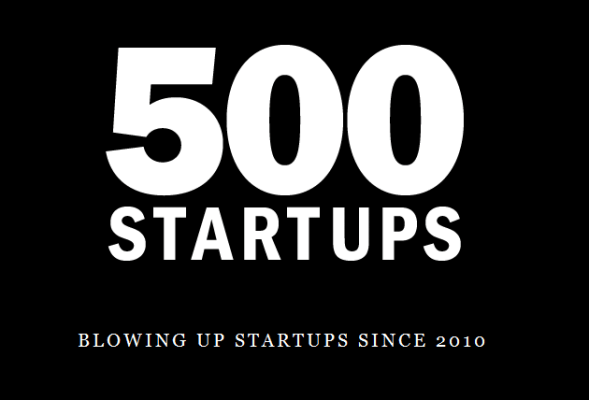It’s hard to believe, but it’s been just three years since 500 Startups started making investments in early-stage companies. But in that time, the firm has put money in at least 500 companies, and it will keep investing in more, thanks to the closing of its second fund and the continued growth of its team.
As previously reported, the second fund for 500 Startups closed at $44.1 million in July. That was above its $29.4 million initial fund but below its $50 million target for Fund II. At the same time, however, 500 Startups has been raising a number of region-specific funds in places like India and Mexico.
500 Startups has grown substantially since it was founded three years ago. It’s expanded from the two founding partners — McClure and Christine Tsai — to 30 employees, of which 10 make investments. It also has a fairly international presence, with employees in Brazil, Mexico, China, India, and Malaysia, as well as its home office in Mountain View.
The firm has now made investments in well over 500 startups (actually, close to 600, according to McClure), but have no fear — it’s not changing its name anytime soon. It’s averaged about 150 investments per year over its first few years, but is on pace to do 200 investments this year.
McClure says the firm has no plans to slow down: In fact, with the number of venture partners on board making investments, 500 Startups could put money into well over 200 startups in 2014. He imagines each member of the investment team making 20 or so bets each, which is a lot more scalable than say, when 500 Startups launched and it was just McClure and Tsai writing checks.
Having its investments more evenly spread across its partners could bolster its focus overseas, as many of the folks writing checks at 500 are focused on specific geographical regions. The firm has strategically hired investment partners for a variety of overseas markets in the past year or so.
Of these, Brazil and Mexico are probably showing the best results so far, McClure said, but they’re also the most mature markets that it’s been placing bets on. The firm is also optimistic about India, China, and Southeast Asia, although its efforts there are newer.
Early Results
Overall, while it’s just three years in, 500 Startups is starting to see some positive results in terms of the number of companies that have had exits — or at least those which have gone on to raise Series A and later rounds of funding.
Notable investments that have resulted in exits include Wildfire, acquired by Google for $350 million; Makerbot, purchased by Stratasys for $400 million; and Viki, which was bought by Rakuten for $200 million. Meanwhile, companies like Twilio, CreditKarma, SendGrid, TaskRabbit, and 42 Floors continue to chug along and have taken on Series B and later rounds of investment.
While it’s done a large volume of seed investments, the firm is seeing about 15 to 20 percent of its bets moving on to later stages of funding. McClure expects that to increase over time, to get closer to an internal target of 20-30 percent.
Believe it or not, even while 500 Startups is writing more checks each year, McClure believes that it’s been making better investments over time. Nowhere is that more apparent than in the 500 Startups Accelerator program, where the team has had to become ultra-selective about which companies it accepts.
For its seventh batch in the accelerator, 500 Startups once again accepted applications via AngelList and had to choose from about 1,200 startups that applied. It narrowed that number down to 30 that were accepted and will take part in the program, which starts next week in Mountain View.
One reason that 500 Startups Accelerator is gaining interest is that it has strong expertise in marketing and distribution, and it’s looking to continue differentiating in this area. To that end, it’s hired a four-person distribution team to help its portfolio companies refine their products to better reach target customers.
Oh yeah, almost forgot: They did an infographic, too.
